The novel coronavirus COVID-19 shook the economies around the world by disrupting people’s lives in unimaginable ways. Simultaneously, while the ongoing battle against the virus continues, the societies & industries are looking to rebuild and reemerge from this crisis. Among others, the travel, tourism and hospitality sector are probably the worst affected by the pandemic outbreak’s impact. And, it will be possibly a complex and lengthy road ahead of recovery for the travel industry.Technology will be a crucial component to restore confidence and enable a new era of safe, seamless, and touchless travel in a post-COVID-19 world. In the past, we have experienced that the impact of digital transformation is evident in all industries and sectors, and the tourism industry is no exception where technology has disrupted the old order of things and completely reinvented the ways to explore traveling.
As part of the current change wave, we could witness automation with technologies taking the front seat as part of the optimization process. Even Gartner predicts that the combination of hyper-automated technologies with redesigned operational processes would enable the lowering of operational costs by 30% for the organizations.
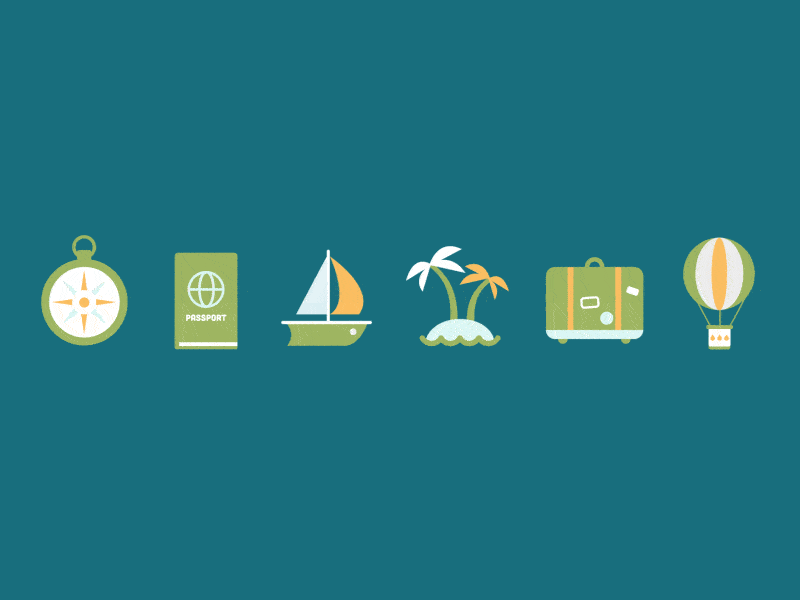
Travel agencies and physical bookings are now almost outdated and will have a different outlook going forward. So much that a survey by eMarketer shows that travel-based mobile apps are the 7th most downloaded category and that 60% of smartphone users prefer travel apps for planning their leisure tours.
Mobile Apps for Travel and Tourism Industry
Tourism Mobile apps help users for planning travel, accommodation bookings, ticket bookings, cab booking, route mapping, and more. However, these are just the basic uses of tourism mobile apps, and more tourist services can be delivered like:
- Navigation – GPS services, route planning, and maps
- Social – Travel updates, reviews, picture galleries, free communication, etc.
- Mobile Marketing – Contests, discounts, and offer alerts
- Security – Medical, Emergency calling & Information about local & international health agencies
- E-commerce – Ticket booking, overseas banking, reservations, shopping
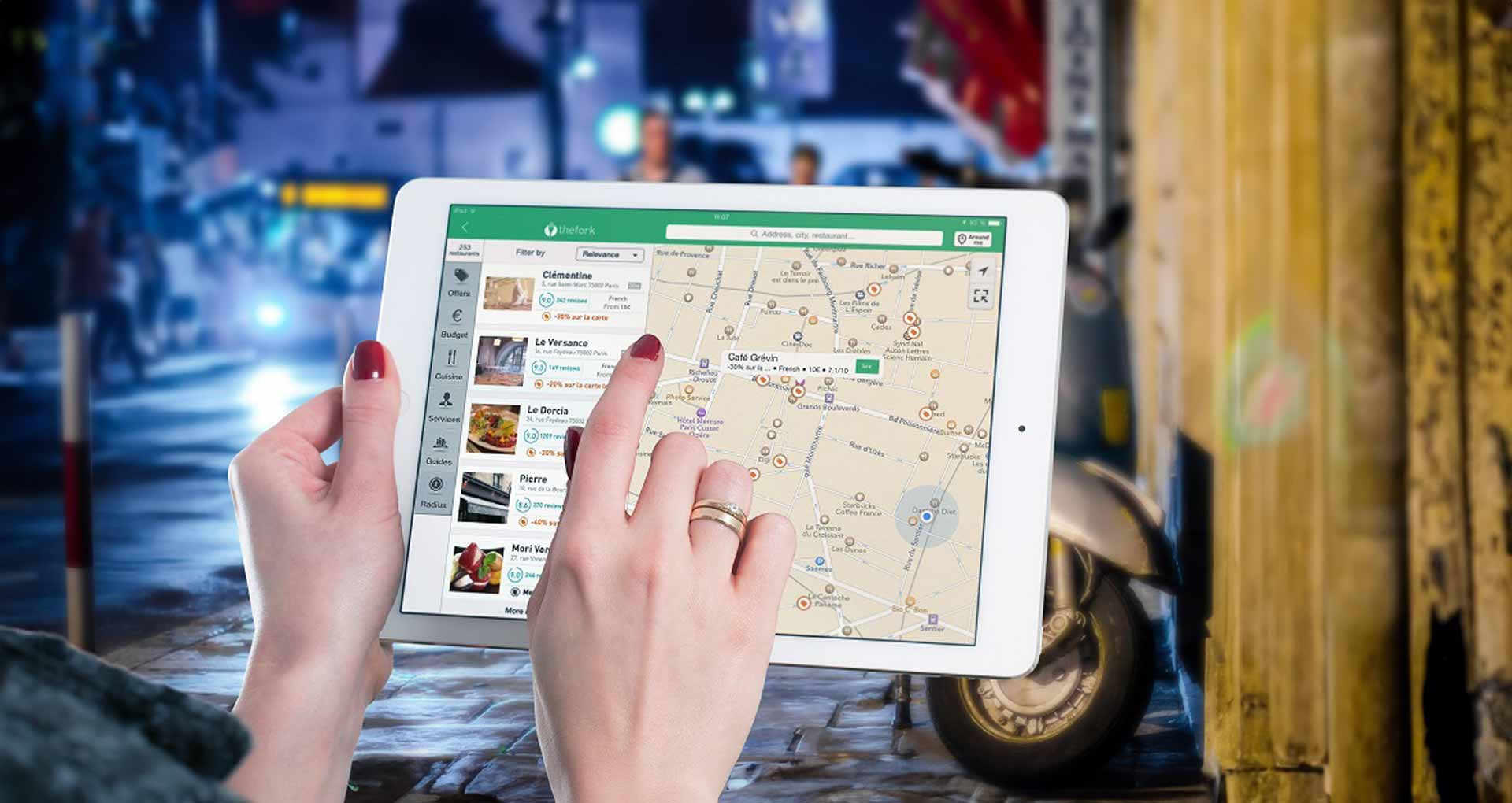
In fact, the tourism industry is using apps to reach the next level of user engagement and market penetration. Several new trends and tech factors will shape the future of tourism mobile application. For example, cab aggregation has captured the tourists’ imagination. Ridesharing is a prevalent phenomenon. Tourists are also opting for cashless options as a safer means to travel. As an experienced travel software development company, we can help you develop robust travel solutions.
Here are some of the innovations and trends that will influence travel mobile app development in the new era:
Limited human intervention
While in the past introduced to reduce manpower costs it will enable departments of travel & tourism apps development to seamlessly manage front desk assistance, issue-resolution with customer support, and other facets of services management with AI and chatbots. It is along with pre-trip health and safety advice, real-time monitoring of travel disruptions, and automated safety check-ins with real-time assistance.
Climate or weather recommendations
Real-time weather forecasting with recommendations assists travelers plan better with what to pack and things to watch out for along with suggestions on timely travel bookings.
Single place for all type of travel booking
One of the most enticing features of the travel & tourism industry apps is that you can easily book your dream destination with one click by just sitting at home. The entire booking process for all arrangements can be done under a single roof, which is a prime reason for holiday lovers to cling to the mobile apps. It includes booking tickets, hotel reservations, booking cabs, choosing destinations, exploring local places and more.
Real-time tracking
Real-time travel tracking apps are increasingly becoming the norm. Most private modes of transport already offer this service as people can track the motion of their cars, buses etc. Fortunately, this service only gets better as in the future all transport will depend on live tracking. Public transport agencies have started using IoT technology and GPS devices to provide live information about buses, trains etc. Developing a travel-time tracker app is an excellent idea to benefit from this wave.
Integration with cab booking applications
While mobile apps enable users to book flights seamlessly, train and hotel booking on-the-go, the integration with a cab booking agency allows the user to get live updates on the exact location and estimated arrival time of the cab as part of the destination. It further includes prerequisite information about car’s registration number, driver contact information and more along with the rating of drivers to ensure safe travel.
Cashless travel
Theft and the hassle of cash is a big security concern for tourists visiting new countries and regions for the first time. The benefit of a digital economy is that now there are several apps that let you travel cashless and facilitate all kinds of payment with a click or a tap.
Visual tours to promote and entice travelers
With the use of Augmented Reality (AR) in practice, we could expect guided virtual tours of museums, theme parks, theatres, and recreational centers. Clubbed with machine learning it could even help to target people who wish to explore new places but are not able to do so in the current scenario, or who would have visited these places a long time ago.
Social travel planning
This combines new-age technologies with user recommendations. These apps help users view the suggestions and favorites from friends and family, expert tips and consumer reviews – all combined to make informed decisions about their travel and tourism choices – including destinations, vendors, bookings, etc. A review by Adweek shows that social amplification is an important factor for mobile travelers with more than 80 percent preferring recent reviews before they take a call. With the integration of social networks (APIs) and vendor reviews, tourism companies can offer applications that offer enough social proof to prospective travelers.
Localization
Geo-targeted recommendations are very popular across many sectors and the tourism industry is no different. Travel apps can enhance the user experience by offering localized suggestions and deals/offers to travelers – based on their location and preferences. For instance, Booking . com makes great use of mobile location insights and offers value to its users at the same time optimizing the efficiency of planning and user experience. The use of APIs to auto-fill user profiles, purchase history and location information – you can deliver the next level of mobile travel experience.
Tailor-made travel apps for your needs
With big data and machine learning, tourism apps are bound to be smarter and cleverer. More sophisticated travel apps will now be custom-made for your travel routes, time, budget and means of transport. Using your travel history, preferences, and feedback, these apps will be able to recommend and plan better trips for you.
Conclusion
Flexibility combined with technology could be the future for the travel app industry that will offer a high potential for monetization and revenue generation. It is along with the introduction of newer policies & practices to optimize and enhance the customer experience. Leverage the expertise of an experienced mobile application development company to make the most of this opportunity.

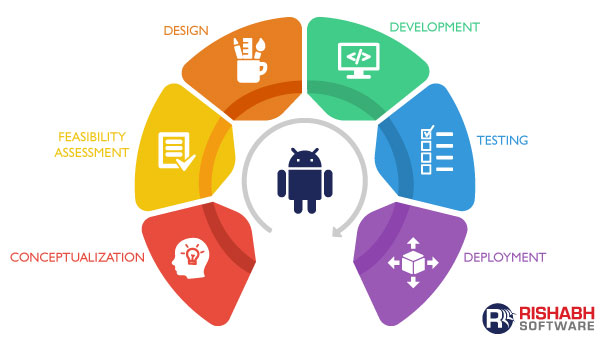

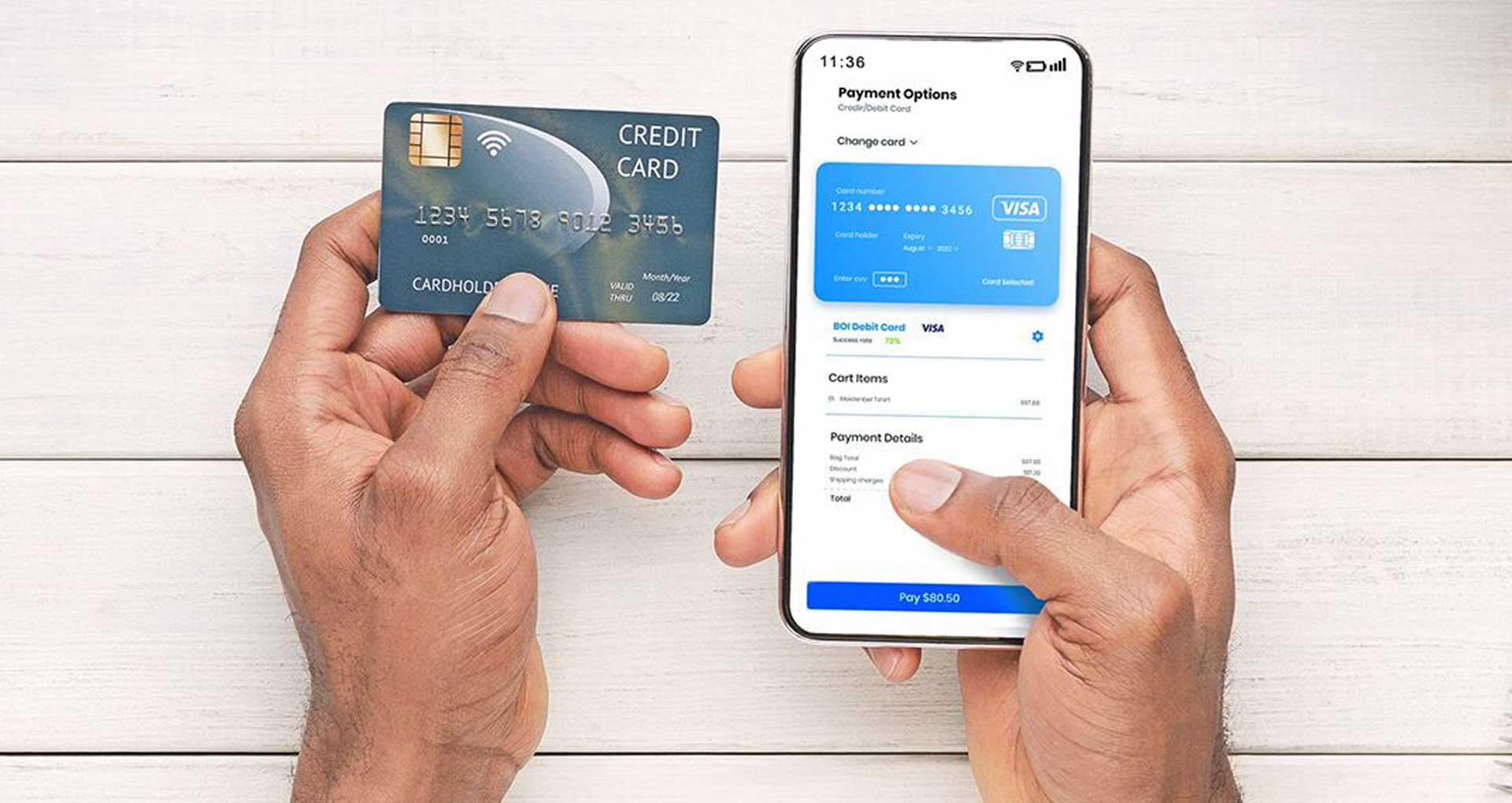
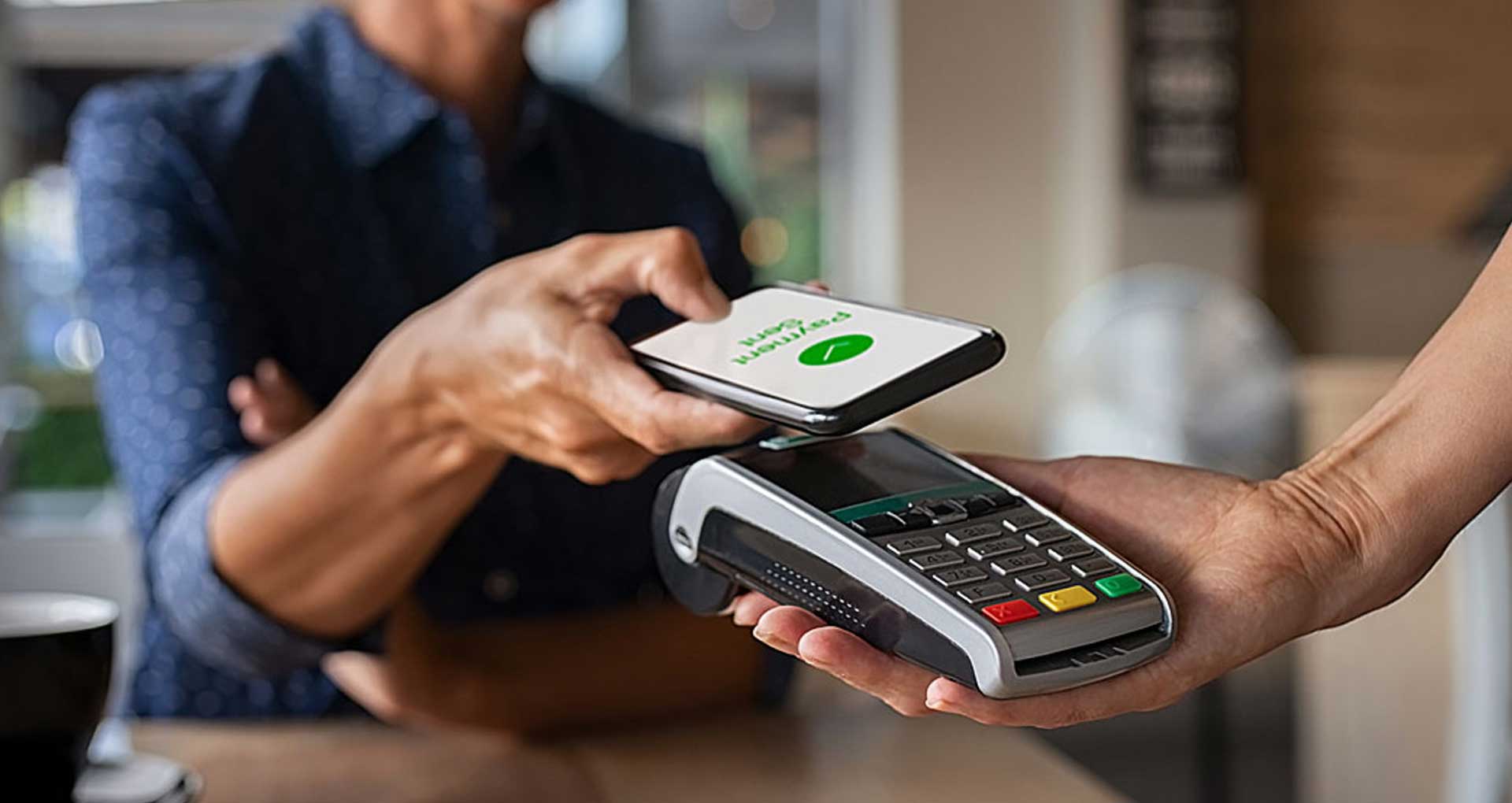





 30 Min
30 Min


